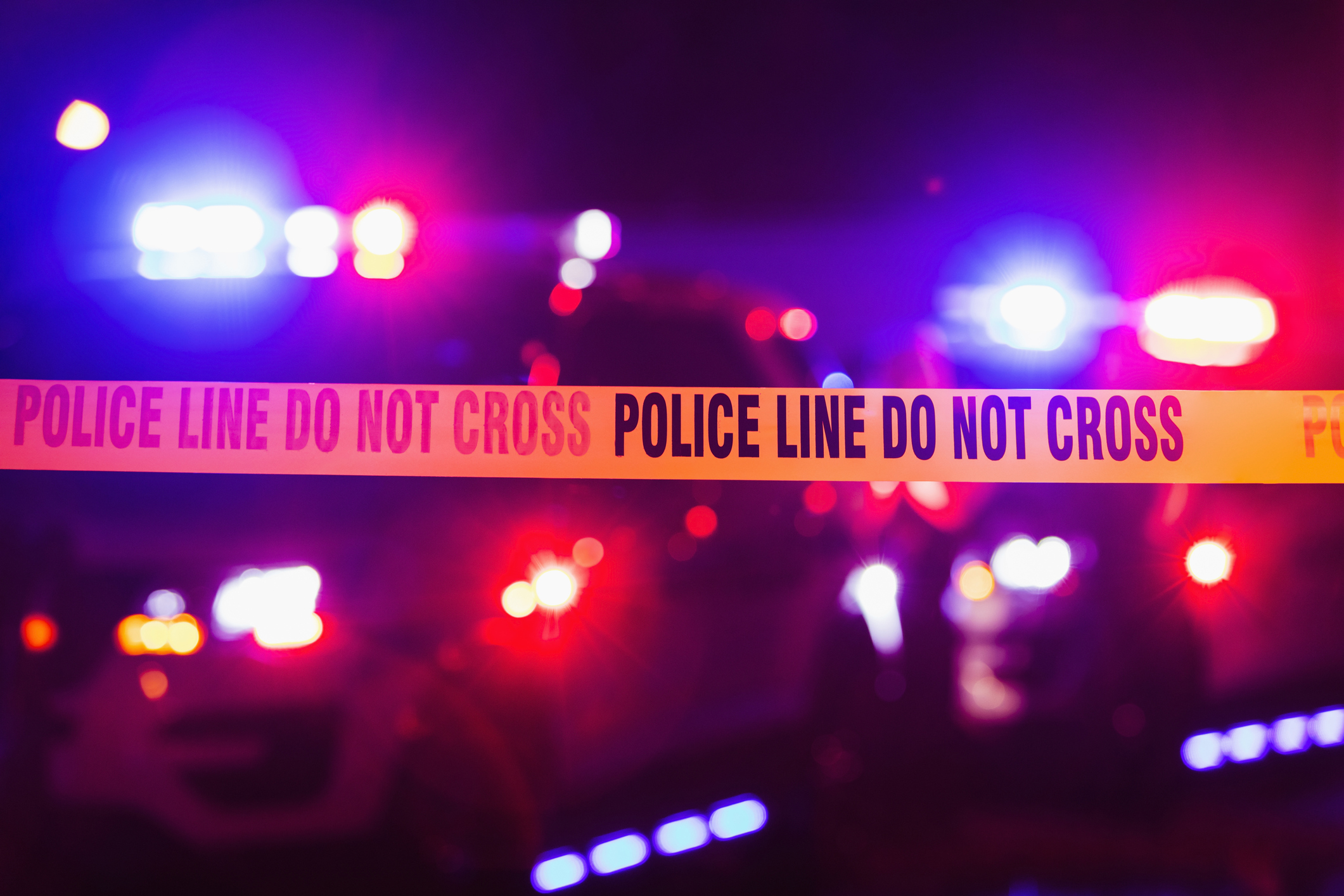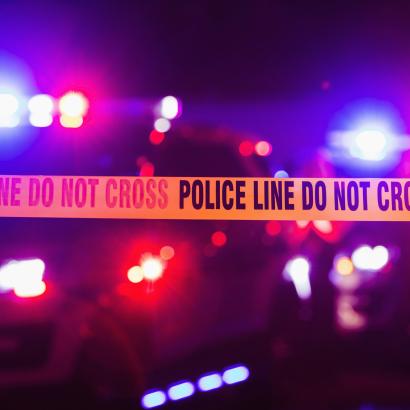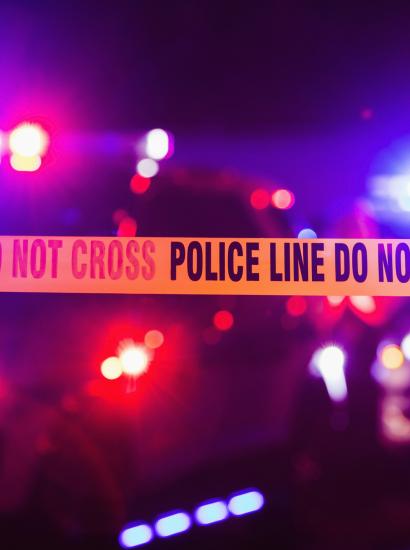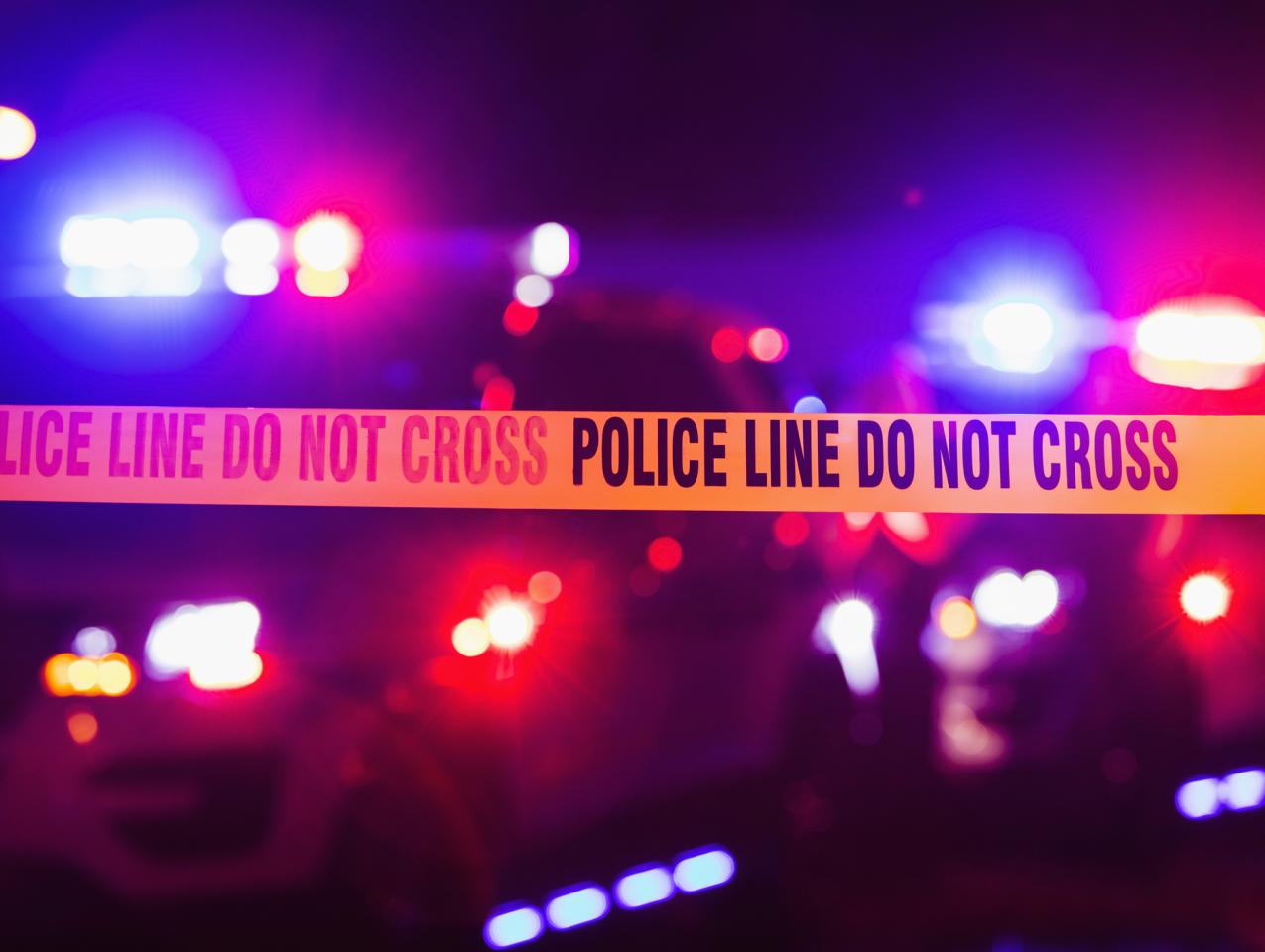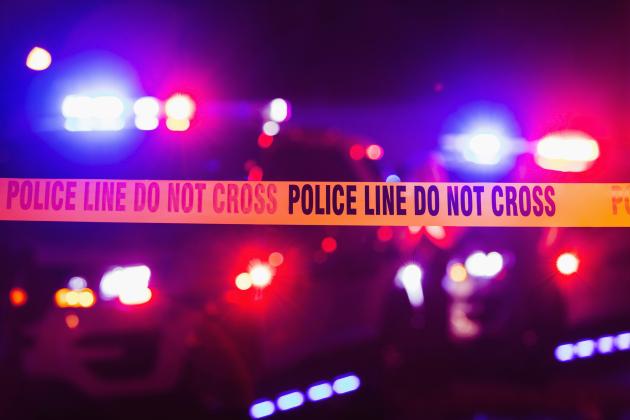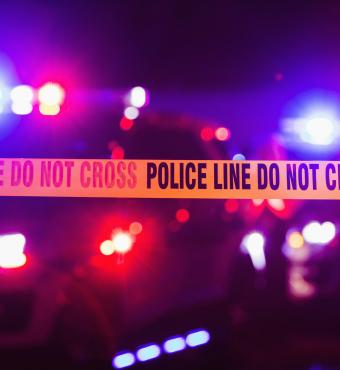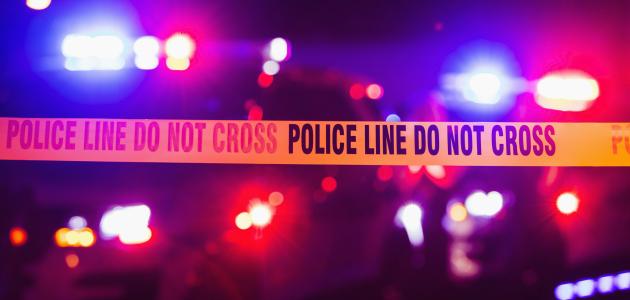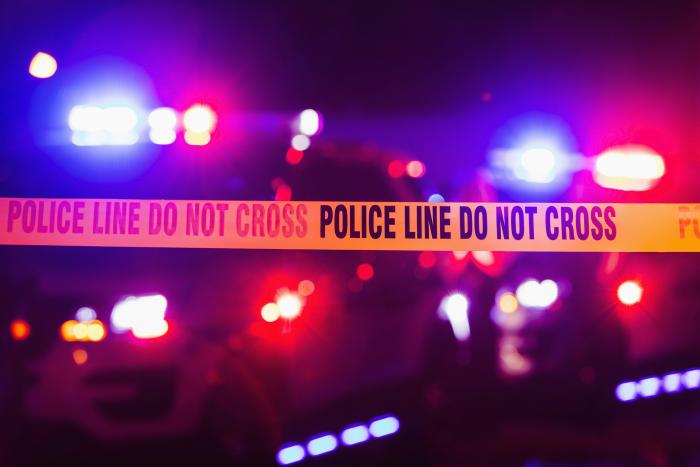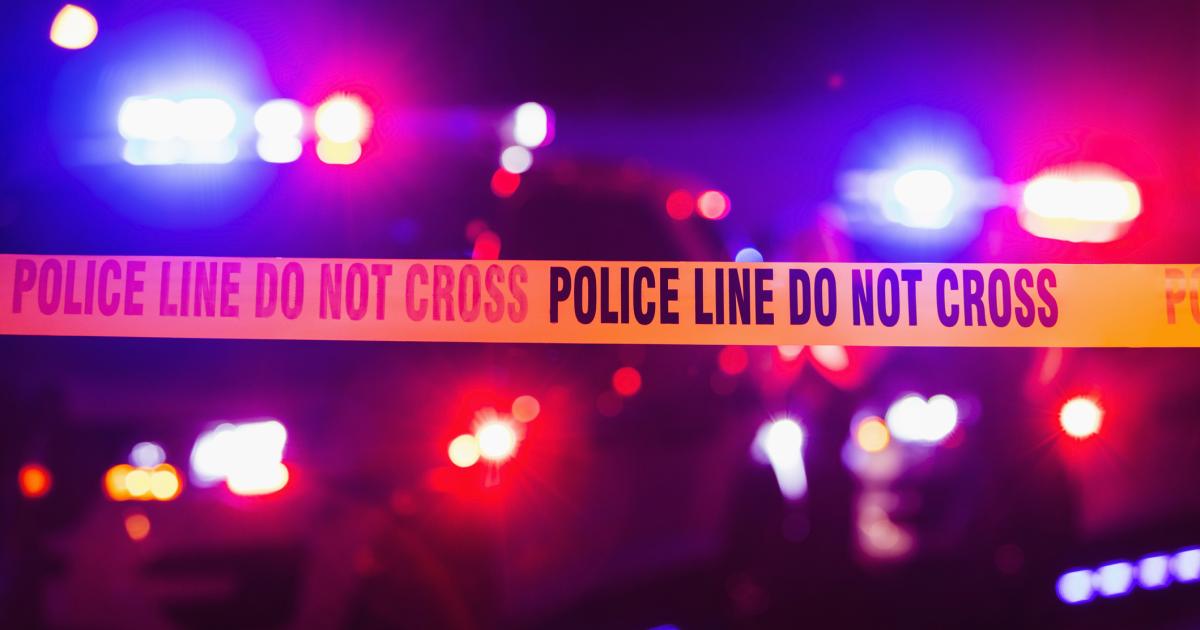- Law & Policy
- State & Local
- California
Among the dates that stand out on the California calendar: 9/11, the day that America was struck by its deadliest act of terrorism (the California connection: all four commercial airliners were originally headed to Los Angeles or San Francisco); and 4/20, the worldwide celebration of marijuana smoking (the California connection: the ritual may or may not have begun at a Northern California high school).
I’d add one more listing to that Golden State calendar: 6/17.
Why June 17? Because it was on that day, 25 years ago this week, that a supposedly suicidal O.J. Simpson led California law enforcement officers on a car chase north along the San Diego Freeway to his residence in Brentwood, ending in a peaceful surrender to the LAPD on charges that he’d committed a double homicide five days earlier.
You might recall the visual spectacle that Friday afternoon and evening (I was sitting in a campaign meeting in Sacramento—for a few hours, state politics, like O.J. in that white Ford Bronco, took a back seat to the live feed from Southern California).
NBC, at the time holding the television rights to the NBA finals, alternated between game 5 of the series in New York and the unfolding drama in Los Angeles (the car chase deflated NBC’s ratings that night; a CBS analysis of Nielsen data suggested that as many as 95 million viewers watched O.J., giving his hot pursuit a Super Bowl–like rating).
Twenty-five years now after the fact, the O.J. saga continues to impact California.
To wit:
Meet the Kardashians. Before that family became a force in the realm of reality television and personal-care products (in the process, unleashing upon the world a witches’ brew of shameless self-promotion and business savvy), there was the image of patriarch Robert Kardashian as part of the “Dream Team”—O.J. Simpson’s cadre of high-priced lawyers.
Years after the so-called “trial of the century” ended in a controversial acquittal, Kardashian expressed doubts over his friend and client’s innocence (Kardashian passed away in 2003, four years before the premiere of Keeping Up with the Kardashians), just as his former wife has reassessed the events of the past.
That nexus between fame, infamy, and attention-seeking behavior wasn’t lost on the producers of The People v. O.J. Simpson, which in one scene had the elder Kardashian in a tony restaurant with his pre-teen brood, supposedly offering this life lesson: “We are Kardashians. And in this family, being a good person and a loyal friend is more important than being famous. Fame is fleeting. It means nothing without a virtuous heart.
Proof positive that art doesn’t necessarily imitate life . . .
Domestic Violence/Boundaries. Among the subplots of the Simpson murder trial: spousal abuse. In a letter that surfaced after her murder, Nicole Brown Simpson claimed her ex-husband “beat the holy hell” out of her a year after her first pregnancy (the couple lied to medical attendants that she’d fallen off a bike, she wrote).
The same year that the murder occurred, Congress passed the Violence Against Women Act (it took four years to get the measure enacted). However, it was the Simpson trial that raised awareness of the connection between domestic abuse and murder (Nicole Brown Simpson had called the police on O.J. several times).
Point of irony: while Simpson was treated with kid gloves by the LAPD prior to his ex-wife’s murder, consider the fate of actor Cuba Gooding Jr., who played the role of Simpson in the aforementioned television series. Last week, Gooding was arrested for the “forcible touching” of a woman’s breast.
Race in Los Angeles. At the heart of the Simpson trial was the nettlesome matter of the black-white divide in California’s largest city. The trial came nearly three years after a race riot broke out in South Central LA (an all-white jury in Simi Valley had exonerated four white LAPD officers for the beating of Rodney King, a unarmed black motorist).
In Simpson’s case, it was a predominately black jury deciding the fate of a black man leading a rather “white” lifestyle (friends high up in the entertainment industry; lots of golf and country-club schmoozing west of the 405).
Twenty-five years later, there’s still a question of racial progress in the City of Angels as evidenced by the March killing of rapper Nipsey Hussle, a rapper committed to investing in South LA.
Second point of irony: Chris Darden, the ex-prosecutor who was part of the team that failed to convict Simpson (Simpson’s lawyers suggested that Darden was a token black recruited because of his skin color), is now representing the man accused of murdering Hussle.
The Media Horde. Earlier in the day on June 17, 1994, O.J. Simpson was supposed to turn himself in to the LAPD. More than one thousand reporters waited for the fallen star at the police station. What a Simpson defense lawyer would later surmise: “What I realized is, this is entertainment. This is not the news.”
Before the murders on the night of June 12, 1994, CNN was an awkward teenager—at best, a 14-year-old network that was not quite a household fixture. Fox News and MSNBC, ideological blood enemies in today’s cable news arena, were each two years away from launching.
What the Simpson trial did provide, in addition to career boosts for the likes of David Gregory and Greta Van Susteren: endless bloviating (CNN alone devoted 900 hours of air time; in the 11 months after Simpson’s car chase, 38% of ABC “Breaking News” segments were devoted to the accused murderer).
In other words, long before a developer-turned–television star sought the presidency, O.J. Simpson was America’s polarizing, can’t-turn-away-from, everyone-has-an-opinion obsession, at a time when Donald Trump was looking at building a casino in Connecticut and bleeding red ink (more than $1 billion in business losses from 1985 to 1994).
Let’s suppose presidential impeachment proceedings begin later this year in Washington. There won’t be a white Bronco winding its way down Pennsylvania Avenue, nor the bloody horror of a murdered ex-spouse and her friend.
But there will be media overload, just as there was with the Simpson trial. And regardless of the outcome, half of the nation won’t be pleased with the results.
Approximately 150 million Americans tuned in to watch the live reading of the Simpson verdict. A daily average of 5.5 million Americans tuned in every day to watch cable news coverage of the trial (25% of American adults told pollsters that they watched some or all of the trial).
Those are numbers that Trump can appreciate.
But should the president find himself cornered after a lengthy pursuit and put on trial for alleged crimes against the Constitution—in the process, subjecting us to countless hours of legal dart-throwing that are sure to be a ratings windfall for the cable news networks—remember: you saw it first in California, 25 years ago this week.







